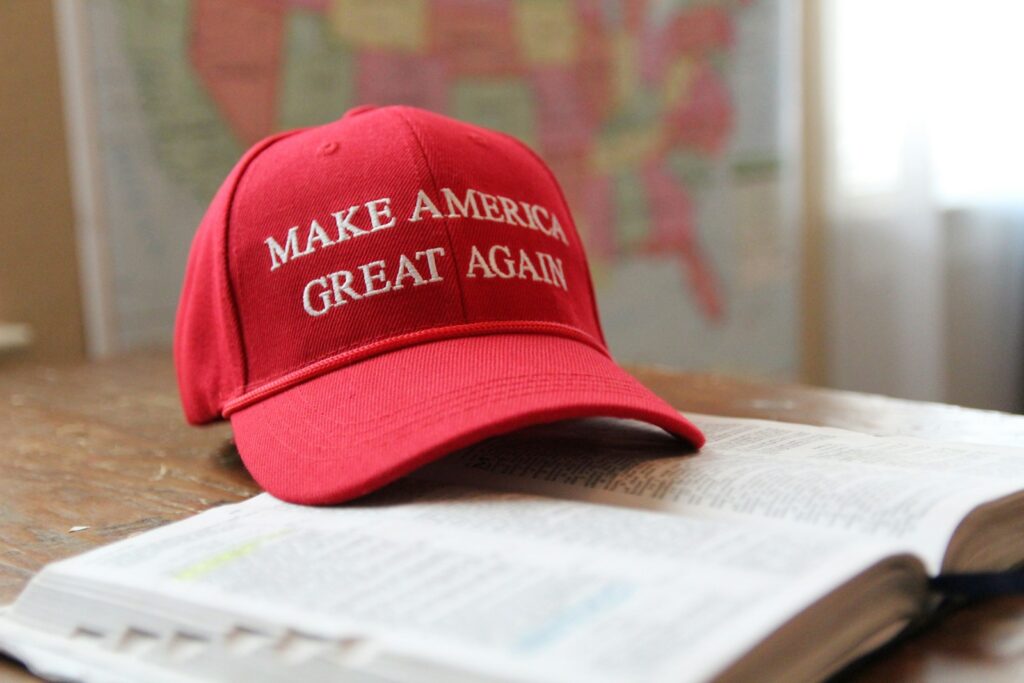Donald Trump’s trade policies are not just bad economics—they are an attack on individual freedom, global cooperation, and the principles that made America strong.
Classical liberalism values free markets, open societies, and limited government interference in voluntary exchange. Trade is a cornerstone of this worldview. When two people—or two nations—exchange goods freely, both benefit. It is the essence of mutual gain. Trump’s tariffs disrupt that. They punish consumers, distort markets, and empower bureaucrats to pick winners and losers.
Tariffs are taxes. There is no way around it. When Trump slapped tariffs on steel, aluminum, washing machines, and hundreds of billions in Chinese goods, American consumers footed the bill. According to research from the National Bureau of Economic Research (NBER), over 90% of the cost of tariffs fell on U.S. importers—not Chinese producers. [1] That means higher prices for American families and businesses. It is the antithesis of free-market policy.
This was not just theoretical. Trump’s trade war raised costs for manufacturers, led to retaliatory tariffs on American exports, and disrupted supply chains. The result? Moody’s Analytics estimated the trade war cost the U.S. about 300,000 jobs [2] and shaved roughly 0.3 percentage points off GDP. For what? No meaningful concessions from China, and no revitalization of U.S. manufacturing.
Worse, Trump’s trade policy empowers the federal government to centrally manage commerce through favoritism and coercion—exactly what classical liberals have long warned against. Under his administration, companies lobbied for exemptions from tariffs. This is not a free market. It’s crony capitalism.
Beyond the borders of the U.S., Trump’s retreat from open trade has weakened global economic growth. Classical liberals have long understood that trade promotes peace: countries that trade together are less likely to go to war. Institutions like the World Trade Organization, while imperfect, help resolve disputes without bullets. Trump’s hostility to these frameworks has damaged America’s credibility as a leader in the global economic order.
And let’s be clear: protectionism hurts the developing world most. Tariffs on imported goods reduce market access for producers in poorer countries, choking off opportunities for growth. Free trade has helped lift hundreds of millions out of poverty, particularly in East Asia. Rolling that back is not just unwise—it is immoral.
Trump’s latest proposal—a 10% universal tariff on all imports—would be catastrophic. It would effectively be a national sales tax, falling hardest on low- and middle-income Americans. It would provoke global retaliation, inflate prices, and slow investment. That is not free market policy. That is economic nationalism—statism in a red hat.
The future belongs to countries that embrace open markets, not those that wall themselves off. Free trade fosters innovation, rewards efficiency, and encourages peaceful cooperation. Trump’s policies do the opposite. They concentrate power, raise prices, and sabotage global prosperity.
Classical liberals do not claim that trade is painless. But the answer is not to suppress it. A dynamic economy adapts; it does not retreat. We do not need a tariff wall. We need economic freedom—and the courage to defend it.
References:
[1] https://www.nber.org/papers/w26610



